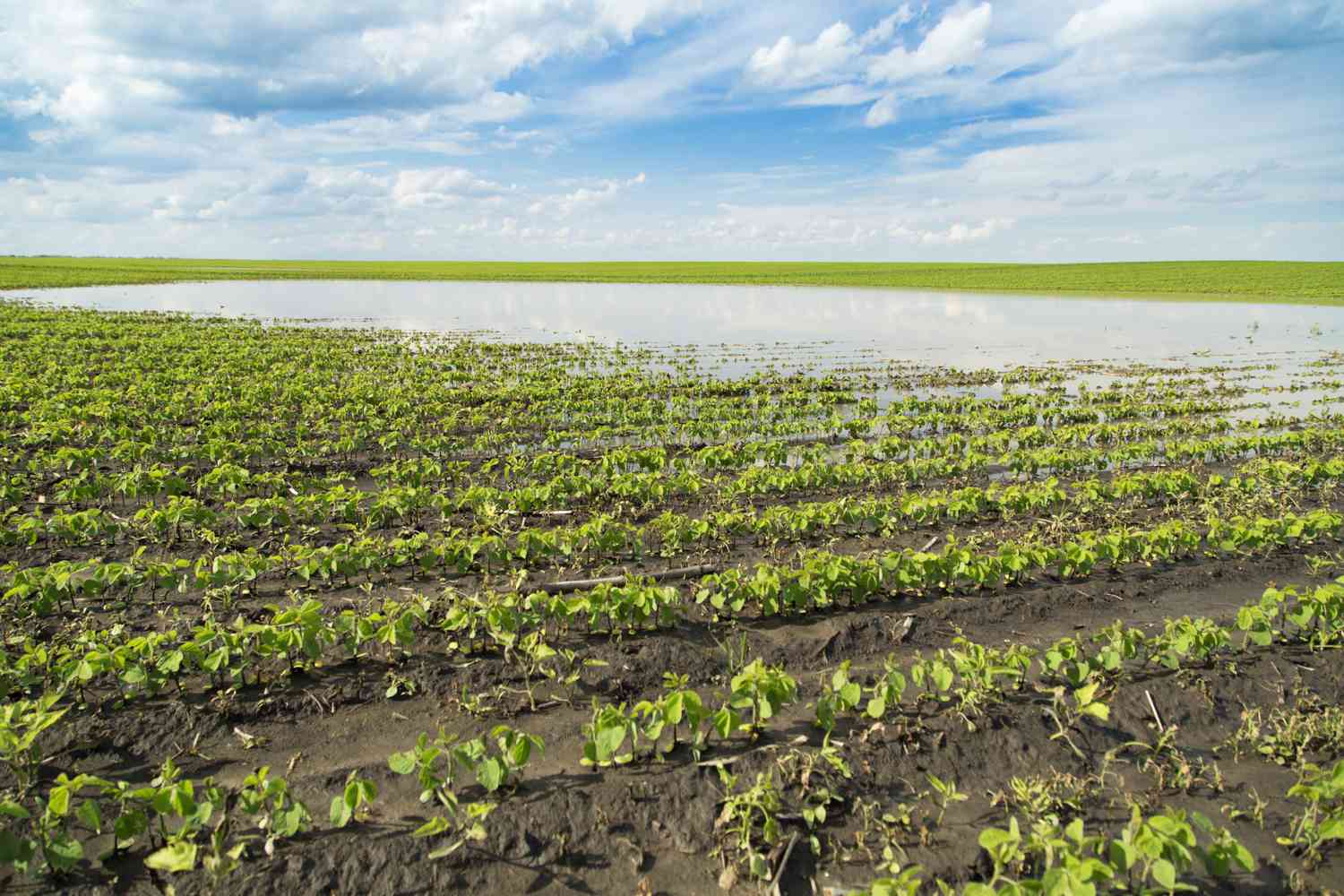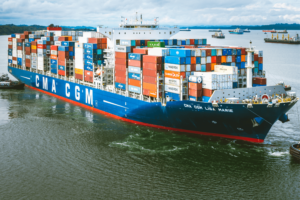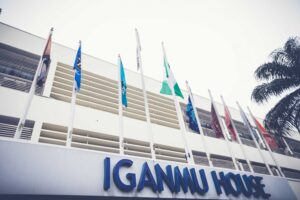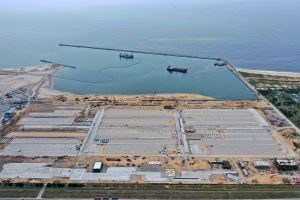The Governor of Rivers State, South South, Nigeria, Sir Siminalayi Fubara, has expressed readiness to partner various stakeholders in a bid to revamp the abandoned Songhai model farm
He made this known while inspecting the model Songhai farm in the Bunu community, Tai Local Government Area, after being guided around the farm by Dr. Sammy Jaja, the manager of the farm.
He explained that his visit to the facility was a result of discussions at the last National Economic Council meeting, where the need for economic diversification was emphasized to mitigate the current economic challenges experienced by the citizenry.
In his words: “In our last National Economic Council meeting, because of the present situation of our economy, as you are aware, the issue of removing fuel subsidy and other economic challenges affecting everyone, everybody was advised to diversify.
The other viable option is agriculture, and we were all advised to see what we can do to improve food sufficiency.”
He stated that revamping the Songhai Farms will serve the purpose of diversifying the state’s economy, engaging the people meaningfully, and increasing the state’s food sufficiency capacity.
“As I leave here now, we are going to bring in all the stakeholders to discuss the way forward. What I am seeing here will require long-term planning and revisiting the site to reinstate the installed facilities that have become desolate. The state government will not just do that; we will bring in people who have the strength and commitment to partner with us to bring this place back to life.
“The advantages to be derived when this place comes back to life include food sufficiency and employment generation. It will also address issues of youth restiveness,” he added.
Earlier, the Centre Manager of the Songhai Project, Dr Sammy Jaja, conducted the Governor around the facilities, stating that the Project is based on a self-driven zero-waste model and has the potential to promote economic development in the state, especially in the area of food sufficiency.




